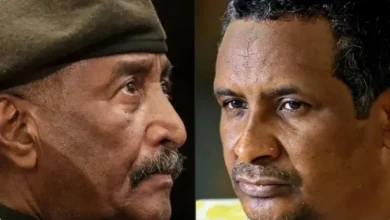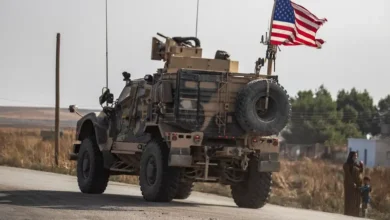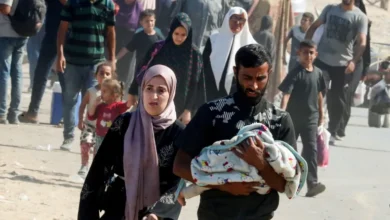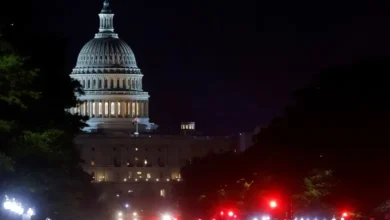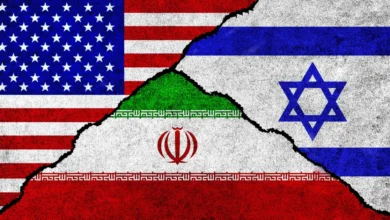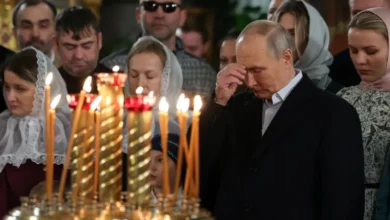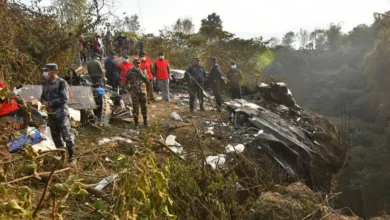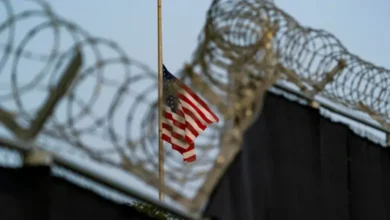‘Everyone lives in fear’: Voices of Kashmir after deadly Pahalgam attack
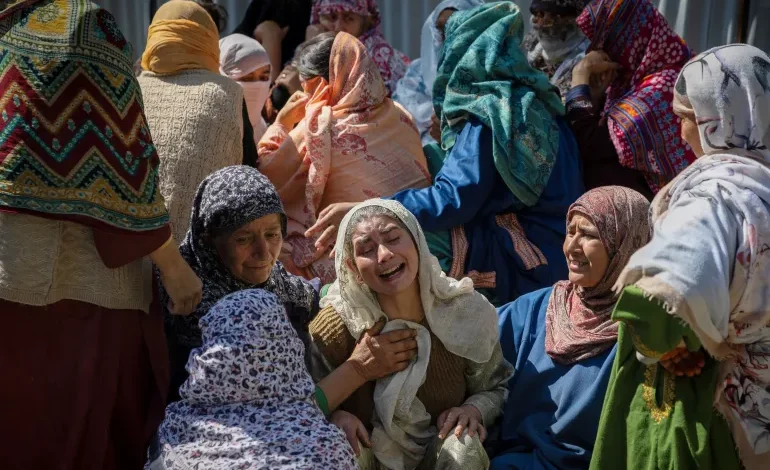
India and Pakistan are on edge, amid speculation that New Delhi might launch a military operation against its western neighbour days after the deadly attack on tourists in Pahalgam in Indian-administered Kashmir.
On the afternoon of April 22, suspected rebels emerged from the forests into a picturesque meadow in Pahalgam accessible only by foot or horseback, and opened fire on male tourists. They killed 25 tourists and a local Kashmiri pony rider.The worst such attack in Kashmir in a quarter-century set off a spiral of tit-for-tat steps by India and Pakistan that have brought the nuclear-armed neighbours to the brink of military conflict.
Yet while India blames Pakistan for the attack, and Islamabad accuses New Delhi of not sharing any evidence to back its claims, Kashmir is facing the brunt of their tensions.
India has responded to the Pahalgam attack with a spree of detentions of people suspected of supporting secessionist groups; and raids and demolitions of the homes of rebels, in the part of Kashmir it administers. It has also temporarily shut down tourism in parts of the Kashmir valley. It is also expelling Pakistanis living in India and Indian-administered Kashmir – including the families of former rebels New Delhi had previously invited as a part of a rehabilitation programme.Ashiq Nabi, 35, adventure tour operator
I was in Pahalgam when the attack took place. It was shocking for all of us.
As an architect and tourism planner focused on developing adventure tourism in Kashmir, I experienced the immediate fallout of the incident.
The government’s decision to suspend all trekking activities and close 48 tourist destinations following the attack has directly impacted my work. The months of planning, coordination with local partners and scheduled expeditions were brought to an abrupt halt.
The attack led to mass cancellations, financial losses, and the dismissal of local guides, porters, and service staff – many of whom rely entirely on seasonal tourism for income.
The impact extended beyond businesses; it shook the confidence of tourists and disrupted the livelihoods of hundreds of people across the tourism value chain.
My years of work to brand Kashmir as a safe, adventure-friendly destination have been lost abruptly. My work has taken a significant hit, but I hope that things will improve, tourists will come back and the sector will revive.
I am very stressed about my livelihood right now but there is no option but to hope.
